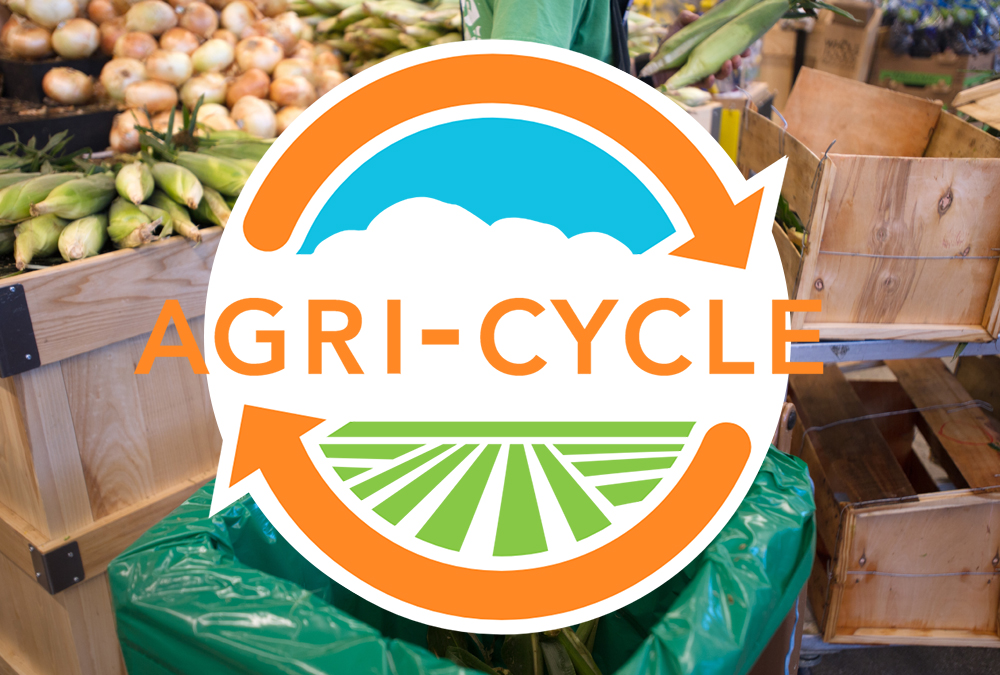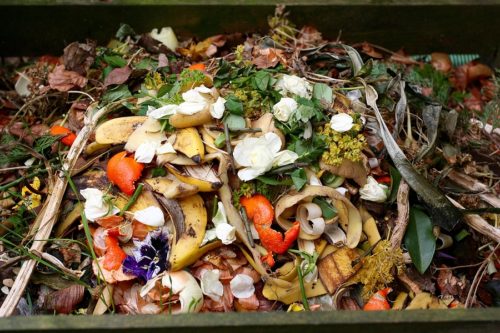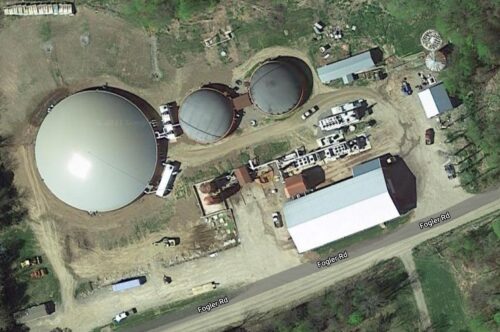In the previous segments of our series, we’ve explored the economic and environmental repercussions of food waste. Yet, the story doesn’t end there. Food waste deeply impacts delicate natural environments and vulnerable groups of people.
Transitioning from global warming to the stark contrast in food waste patterns across nations, let’s focus on the societal dimensions tied to food waste.
Major Social impacts of food waste: Understanding the Social Problem
Global Warming and Vulnerable Populations: As we’ve discussed, food waste contributes to greenhouse gas emissions and global warming. The tragic irony is that the populations least responsible for these emissions—often in developing nations—are the ones that are most severely impacted. Rising sea levels, extreme weather events, and changing agricultural patterns threaten their homes, livelihoods, and food security.
A World of Hunger Amidst Waste: According to the United Nations, vast amounts of food are discarded daily, nearly 690 million people go to bed hungry every night. That’s almost 9% of the global population. The food we waste could be a lifeline for these individuals, highlighting the deep societal fractures food waste exacerbates.
Richer Countries, Greater Waste: The patterns of food waste are not uniform across the globe. Developed nations are often the biggest culprits. For instance, Europe and North America waste between 95-115 kg of food per capita annually. Meanwhile Sub-Saharan Africa and Southeast Asia waste only 6-11 kg, as per the Food and Agriculture Organization (FAO). This disparity underscores the broader issues of consumption, privilege, and global inequality, especially between the global North and the global South.
Action Items: Bridging the Social Gap through Conscious Choices
Support Local Food Banks: Donating to and volunteering at local food banks can help redirect food that might otherwise be wasted to those in need in your community.
Raise Awareness: Use your voice and platforms to highlight the social implications of food waste. The more people are informed, the more they can act.
Work With Agri-Cycle: By working with Agri-Cycle to recycle your food waste you gain access to a plethora of resources and networks to reduce your impact beyond our services.
Advocate for Global Initiatives: Support and promote international efforts aimed at reducing food waste and addressing hunger, such as the UN’s Zero Hunger Challenge.
Conscious Consumption: Be mindful of your consumption patterns. By reducing waste, you’re not just saving food but also standing in solidarity with those less fortunate.
Collaborate with Communities: Engage with local communities, especially those most vulnerable to the impacts of food waste and climate change, to co-create solutions and build resilience.
By understanding these societal ramifications of food waste and actively working towards solutions, we can move closer to a world where food is valued not just as a commodity, but as a shared resource.
Agri-Cycle is here to help
Agri-Cycle offers more sustainable solutions to landfilling your food waste! From ideas like reducing and repurposing your food waste to influencing your local municipality to sign on with Agri-Cycle Energy, Agri-Cycle has your back! At Agri-Cycle, we’re proud to help businesses (and cities) throughout the northeast find better ways of dealing with and reducing their food waste. Contact us to take your food full circle by getting a quote or calling us at 1-800-850-9560.
If you live between Maine and Maryland, you can bring them to your local Agri-Cycle drop-off site.



